

Tim Phillips
I love sharing my journey from being hopeless, to getting sober, to learning how to eventually be both sober and happy. to learning how to eventually be both sober and happy.
If you’ve ever relapsed, you know that sinking feeling. That immediate rush of shame, regret, and the thought, I just threw everything away. The inner voice starts whispering: Maybe I can’t do this. Maybe I’m just going to keep failing. Maybe I’ll never get this right.
But let me stop you right there—because that is NOT the truth. You have not failed. You are not broken. And most importantly, your recovery is not over.
In fact, this moment—right here, right now—could actually be one of the most important turning points in your journey. Because what you do next matters more than what just happened.
Most people think of relapse as a single event—the moment they picked up the drink or used again. They obsess over that one decision as if it came out of nowhere.
But here’s the truth—relapse isn’t just one bad decision. It’s a process. It doesn’t happen randomly. It builds up over time. That moment when you actually drank or used? That was just the final domino to fall.
Let me give you an example:
Say someone gets back into an unhealthy romantic relationship—whether it’s a new one or getting back with a toxic ex. When it eventually implodes, they end up drinking over it.
On the surface, the lesson seems simple: Don’t date in early recovery. That’s why you often hear the “no dating for a year” rule in the recovery community. But that doesn’t address the deeper issue.
The real lesson isn’t just about avoiding relationships—it’s about understanding WHY you put yourself in that situation in the first place. What emotions were you trying to soothe? What made you ignore the warning signs? If you don’t get to the root of those patterns, you’ll just find another self-destructive situation to repeat the cycle.
Instead of beating yourself up over that one moment, rewind the tape. Ask yourself:
Keep asking this question until you get to the start of the pattern.
Chances are, you’ll find moments where you rationalized a bad decision. Maybe you convinced yourself this time will be different—without any actual reason why it would be. Maybe you felt lonely, so you texted your ex “just to check in.” Maybe fear crept in, and instead of facing it, you distracted yourself with unhealthy behaviors.
If you can recognize that pattern, you can break it before it happens again.
Here’s an example: If loneliness triggers your bad decision-making, then the next time you feel lonely and the urge to reach out to someone toxic creeps in, that’s your alarm bell. You can still make the choice, but now you’re aware of what’s happening. That awareness is key to breaking the cycle.
One of the biggest mistakes people make after a relapse is thinking:
“Well, I already messed up, so I might as well keep going.”
That’s the thought that keeps people stuck in the cycle. But one bad decision doesn’t have to turn into weeks or months of drinking or using. You can stop it right now.
Not next Monday.
Not after one last weekend.
Right now.
Because the longer you wait, the harder it gets. That’s just reality.
The best thing you can do for yourself is to cut it off immediately and recommit to your recovery. But this time, take what happened and actually learn from it.
Recovery isn’t about perfection. It’s about progress. But progress only happens when you change your approach. If you keep relapsing in the same way, you’re not making progress—you’re just repeating the same cycle.
If you’re feeling overwhelmed with guilt after a relapse and are worried about how to address it with friends and family, the best thing you can do is take action. People don’t need 100 apologies. They need to see that you’re serious about making a change.
That’s why it’s important not to over-apologize or make promises you can’t guarantee.
Telling your family and friends, “I promise this will never happen again” means nothing if you don’t take action. Instead, show them through your choices.
And yes—some people might be upset. That’s okay. Give them space. But don’t let their disappointment make you feel like you’re unworthy of redemption.
You CAN regain trust, but it happens over time, not overnight.
If you don’t change anything, nothing changes.
So here’s what I want you to do: Grab a notebook, open the notes app on your phone, or just take a moment to reflect. Write down your answers to these three questions:
If you don’t recognize the pattern, you’ll repeat it. But if you take the time to really look at what happened, this could be the moment that changes everything.
Relapse isn’t failure. It’s a signal. It’s telling you that something needs to change. And if you listen to that signal and actually learn from this, your relapse could be the thing that helps you never relapse again.
For more insights on navigating recovery, listen to the full episode of the Sober and Happy Podcast.

I love sharing my journey from being hopeless, to getting sober, to learning how to eventually be both sober and happy. to learning how to eventually be both sober and happy.




Join our mailing list to receive the latest news and updates from our team.

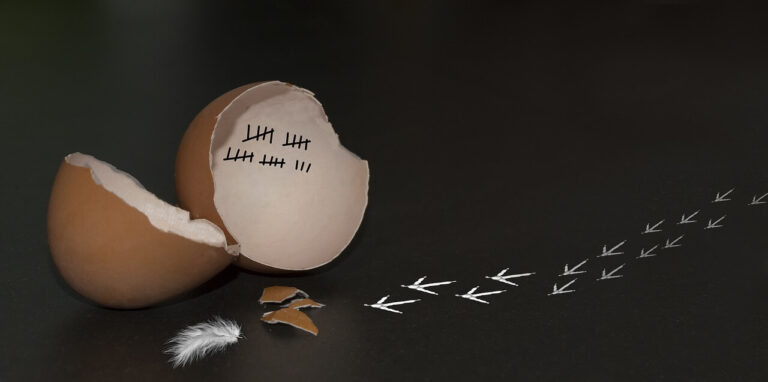
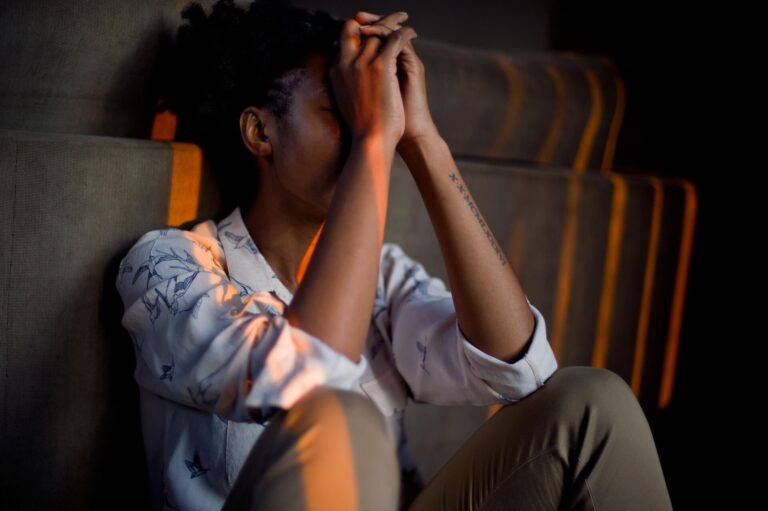
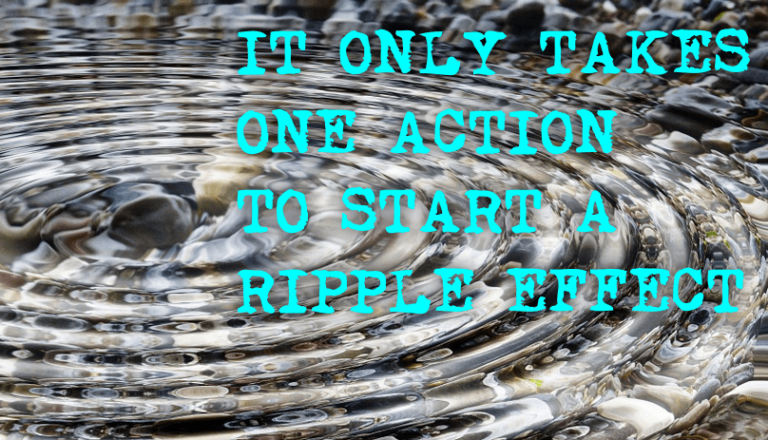
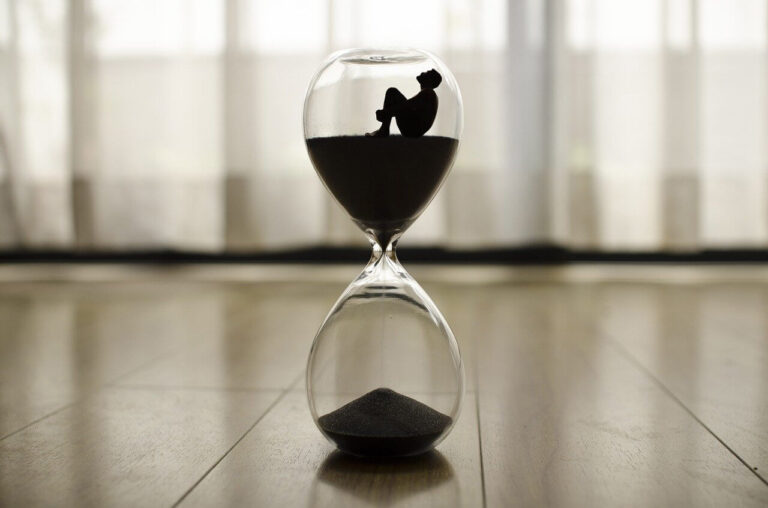
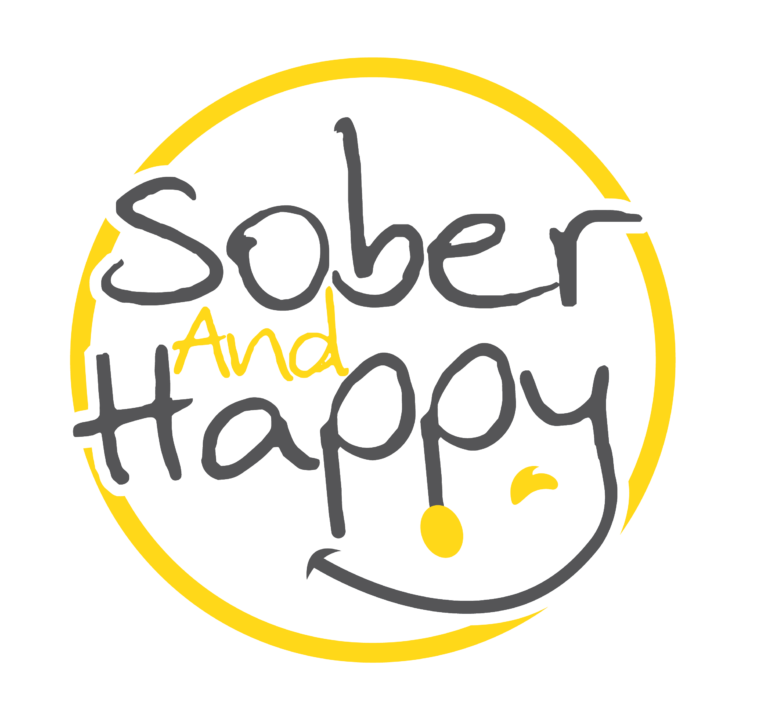
Copyright © 2023 by Sober and Happy. All rights reserved.
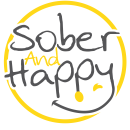
Join our mailing list to receive the latest news and updates from our team.